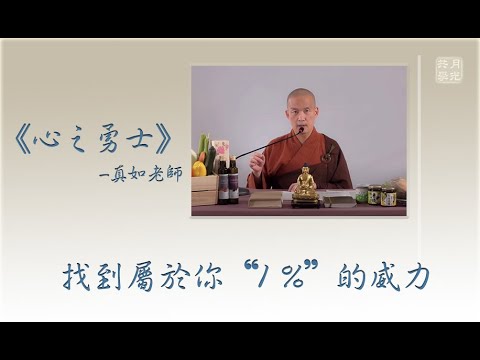These passages in the Lamrim (Commentary Track 142b) are relevant when facing difficulties in our Buddhist practice:
【若由未习如是希有难行诸行,闻时忧恼,应念菩萨于最初时亦不能行,然由先知所作愿境渐次修习,久习之后,不待功用能任运转,故其串习极为切要。】
When bodhisattvas whose minds are untrained in such marvelous but difficult deeds hear of them, they feel distressed. Although they are unable to practice such things at first, they come to understand them and then to intimately familiarize themselves with them as objects of aspiration. Later they engage in them spontaneously without any strain. Thus, familiarization is of the greatest importance,
【如《无边功德赞》云:“若由闻何法,令世间生怖,尊亦于此法,久未能实行。然尊习其行,时至任运转,是故诸功德,不修难增长。”】
《The Praise of Infinite Qualities》 says:
Deeds that hurt the worldly even to hear about
And that even you did not undertake for a long time
You accustomed yourself to, so in time they became spontaneous.
Thus, it is difficult to develop good qualities without familiarization.
And Master’s Ri-Chang’s says:
实际我也有感觉,我刚开始的时候啊,总觉得跑到那里好像不大习惯,做不来,心里面哪……常常这样。后来,所以这个善知识啊真重要,就因为了解了这个。是嘛,没错嘛,“困难不应退,皆依修力成,先闻名生畏,后无彼不乐。”对呀,我去做!这个脑筋转不过来,我就这么胡思乱想去想,想、想、想、想,脑筋会动了,然后你会动了,进一步才把错的改成正的。身体的行为也是如此啊!本来站在那里就痴痴呆呆,不晓得做些什么。欸,然后就叫你做,或者逼着你所谓去摸,摸了半天,慢慢、慢慢地自然就习惯。到后来,你有了这个东西,你一看晓得:啊!从那里开始做起,我们眼前没有一个事情例外(p201)的。而我深深了解,真正重要的就是什么?这个心理!所以始终注意,如果说你在心理上面不从现在开始努力的话,你总觉得:哎呀,现在反正轻轻松松躲在后头。结果真正害了自己,真正害了自己!
I was able to link this learning to that of having a Growth Mindset versus a Fixed Mindset.
Taking a definition from Harvard Business Review:
To briefly sum up the findings: Individuals who believe their talents can be developed (through hard work, good strategies, and input from others) have a growth mindset. They tend to achieve more than those with a more fixed mindset (those who believe their talents are innate gifts).
This compels me to embrace a Growth Mindset in my Buddhist practice!
